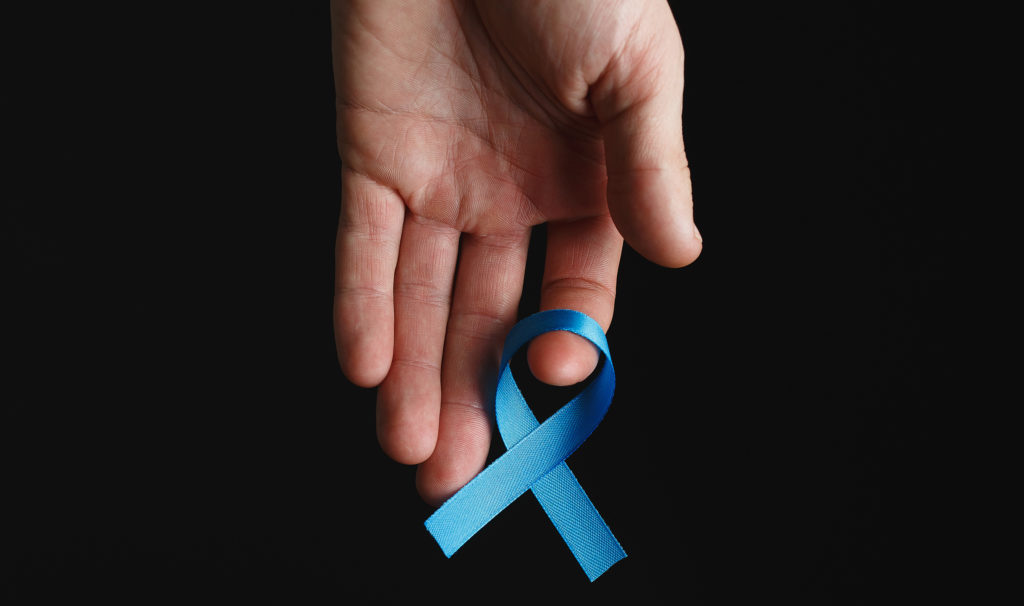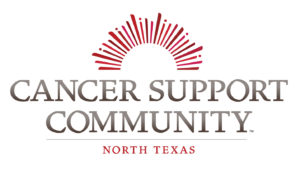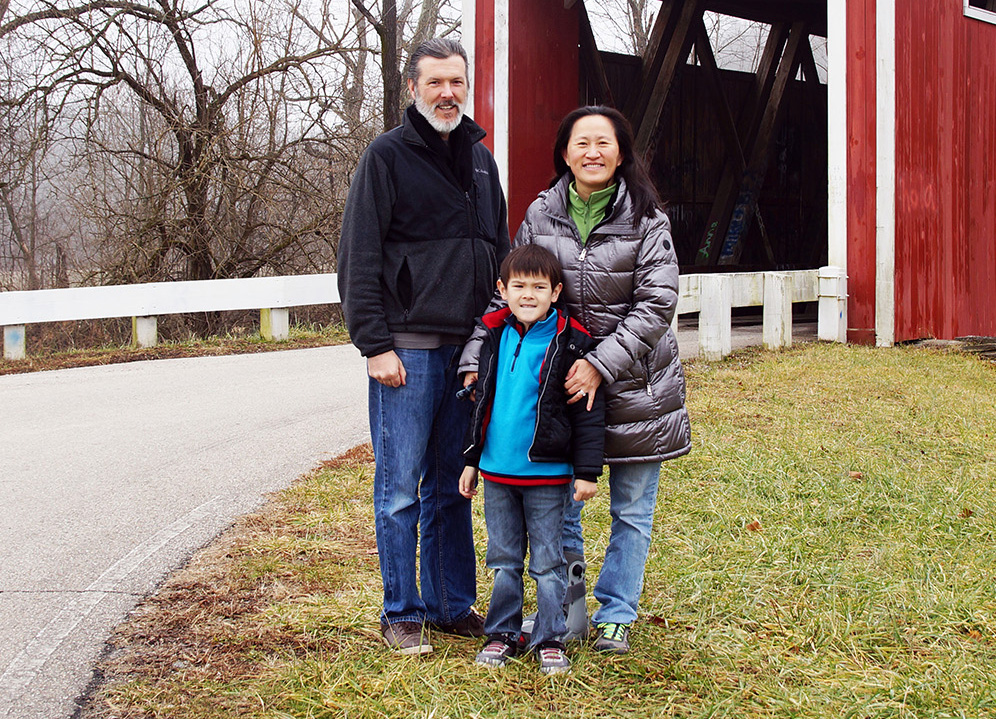
The DFW Hospital Council posts guest blogs by Associate Members. The following was provided by Cancer Support Community North Texas.

By Mirchelle Louis, LCSW, CEO, Cancer Support Community North Texas
Great news! More people are surviving cancer than ever before. In fact, according to the latest American Cancer Society stats, there will be roughly 1.25 million survivors in Texas by 2026 (an increase of nearly 17 percent).
This uplifting reality was felt this past June, during National Cancer Survivorship Month, as thousands of people across the country celebrated surviving this “thief” of a disease. Rest assured, we were also celebrating here in DFW at our Cancer Support Community North Texas Clubhouses.
Yet, survivorship is never as simple as it sounds. How do you mentally shift one day from being a patient in the difficult throes of medical treatment to a survivor the next?
This perspective is so often overlooked. With celebration comes fear of the cancer’s return, survivor’s guilt and the lingering physiological effects of treatment itself.
Meet Scott Swindell. Diagnosed with Stage II B Hodgkin’s Lymphoma at age 24, Scott says the last thing he was thinking about at that age was cancer. And thanks to aggressive medical treatment, a year later, he was in remission. But the effects of cancer were far from over.
It was only after seeing a therapist nearly 15 years later to address some couple’s issues that he realized cancer had left its psychological mark.
According to Scott, his therapist told him: “You don’t have a relationship issue, you have a cancer issue.” The doctor pointed him to Cancer Support Community North Texas so he could surround himself with people who also experienced a similar emotional journey that began with a cancer diagnosis. He wasn’t thrilled with the idea but promised his therapist he’d go and participate.
“I decided to trust the process,” said Scott.
Today, he can’t imagine what his life would’ve been like without the support.
“I don’t think I ever cried about the cancer before going there,” Scott said. “I remember getting teary eyed for the first time. In 15 years, I had never really talked about the cancer. I walked out of my first support group very emotional. It’s about trusting this was the right thing to do. I had buried this for 15 years. It was time for me to let go.”
In survivorship, Scott had a “hunker down” mentality – he didn’t want to get married and would sabotage good relationships because he knew it’d ultimately mean having kids.
“The last thing I was going to do is take a chance of my child going through this cancer,” he said. “I didn’t want the chance of leaving a child without a father.”
He didn’t want to buy a car or a house because he was afraid of the financial commitment. He didn’t want to take any risks or step beyond his comfort zone.
The bottom line is that the transition from patient to survivor can be difficult and an emotional rollercoaster, and many treatment plans neglect to prepare cancer patients for survivorship. Like Scott, survivors are often unknowingly “stuck” and only partially living their lives anticipating what’s to come.
Emotional and psychological support can be the game-changer. Scott recalls one support group as the seminal turning point for him.

Scott Swindell and family
“I was part of a 2-hour conversation session with 10 other cancer survivors, and the conversation ended up being all about me,” he said. “I’ll never forget a man in the group, Joseph. He had gone through remission, gotten married and lived a full life, and the cancer reoccurred. And he just pushed through it. It was one of those moments that I realized I could do what Joseph did…I can live beyond the cancer. It was an amazing conversation for me to have with him. I would have never had that conversation had it not been for CSCNT.”
With more people surviving – and thriving – with cancer than ever before, we need to open our eyes to the realities of survivorship and all that it brings. Survivorship isn’t a one-day event. It’s a journey, and one that deserves support.
Scott is now married with a young son. He and his wife, Jane, now own their first house and car.
For more information, visit www.cancersupporttexas.org.
Locations:
Dallas County Clubhouse
Cancer Center
8196 Walnut Hill Lane, LL10
Dallas, Texas 75231
214-345-8230
Collin County Clubhouse
6300 W. Parker Rd., MOB 2, Suite 129A
Plano, TX 75093
972-981-7020
Tarrant County Clubhouse
10840 Texas Health Trail, Suite 120
Fort Worth, TX 76244
682-212-5400